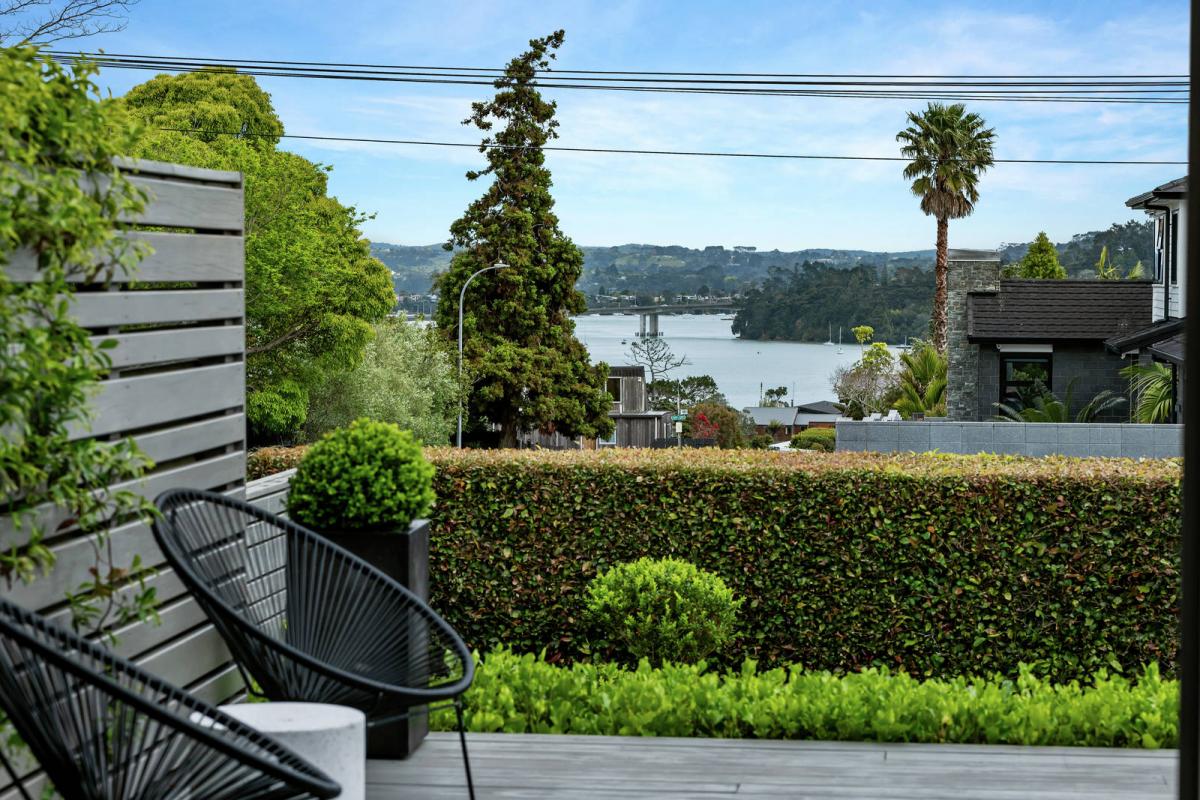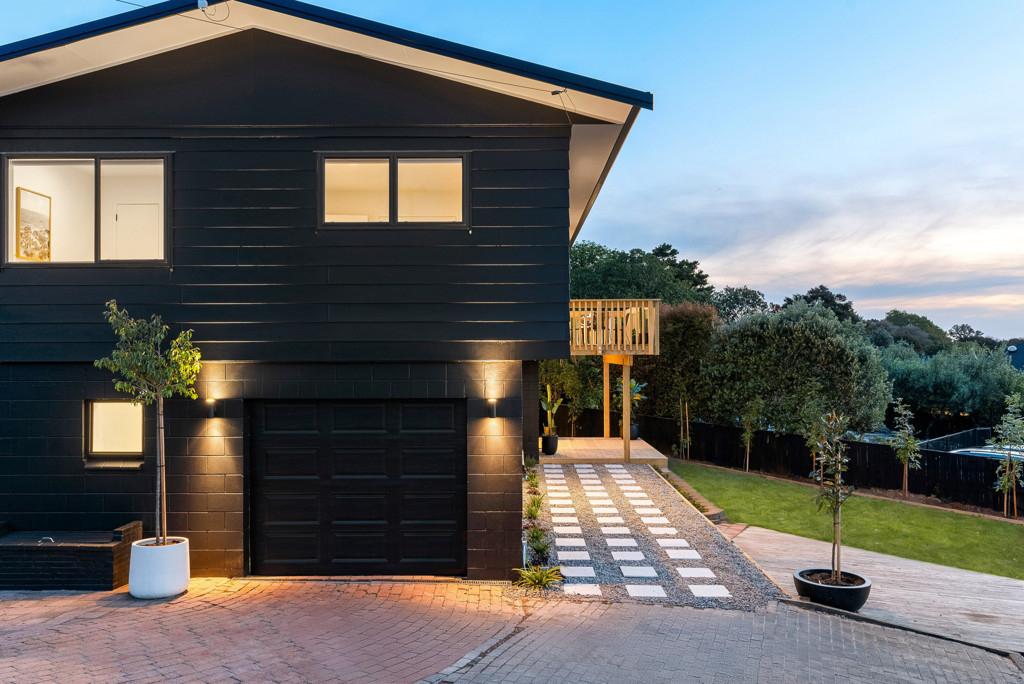Freedom camping to be allowed on roads?
Submissions on the Freedom Camping Bylaw have now closed BUT it has just come to my attention that if the bylaw passes as proposed, FREEDOM CAMPING WILL BE ALLOWED ON ALL SUBURBAN ROADS that do not have controls (such as yellow lines, clearways, cycleways, etc).
This raises serious safety considerations - Someone could live inside their vehicle outside your house indefinitely, and council would be powerless to act!
This is a significant change from the current bylaw that prohibits sleeping in public areas, and has NOT been made clear during consultation on the new bylaw, where the focus has instead been on maps of specific parks and reserves.
Councillors need to act to include all roads in the prohibited schedule!
WHY? This is happening because roads are not mentioned in the new bylaw, but they are included in the old North Shore City bylaw that is being replaced (other parts of Auckland are similarly affected).
So when the new bylaw replaces the old one, roads will no longer be off-limits to freedom campers (the "Auckland Council Traffic Bylaw 2015" and "Auckland Transport Bylaw 2012" will not allow enforcement of camping in the road corridor unless they have existing parking restrictions).
Councillors on the Regulatory Committee were given the opportunity to include a "General Rule" that would apply to any public land that wasn't specified in the bylaw. They voted it down, presumably because it would have allowed freedom campers to stay for 2 days on any road, but they did not replace it with a stronger rule.
Photo credit: Victoria Andrews
NOTE: Views on this Facebook page are my own, and not necessarily the view of the Kaipātiki Local Board or Shore Action.

What workplace change would you like to see most?
This coming Monday is Labour Day in New Zealand. This public holiday marks when the eight-hour workday and 48-hour workweek became law in 1899. The idea started with Samuel Parnell, a carpenter in Wellington, who in 1840 refused to work more than eight hours a day. Since skilled workers were in short supply, his employer had to agree.
As more skilled workers arrived, employers tried to change working conditions, but Parnell and others kept pushing for better rights. In 1890, Parnell led a Labour Day parade of 1,500 people to promote the eight-hour day. He passed away shortly after, and nine years later, Labour Day became an official public holiday.
Do you feel that we have reached the ideal in working environments yet? What rights are you passionate about relating to employment? Share your thoughts!
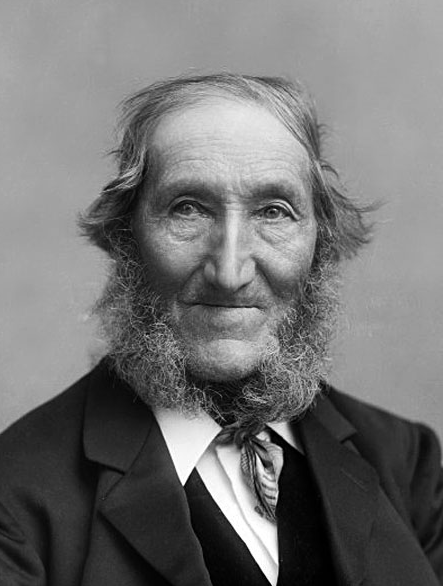
Have you got your tickets yet?
Enjoy relaxed living in breathtaking Blenheim, Marlborough.
For just $15 a ticket, you could win this brand-new, fully furnished Jennian home, valued at over $1 million.
You can make this property your permanent residence, a holiday retreat, a rental, or simply sell it!
Get your tickets today at heartlottery.org.nz.

Crack the Code: Today's Riddle is a Real Brain Teaser!
One of these words does not belong: Brawl, Carrot, Change, Clover, Proper, Sacred, Stone, Seventy, Swing, Travel.
Do you know which one it is?
Do you think you know the answer to our daily riddle? Don't spoil it for your neighbours! Simply 'Like' this post and we'll post the answer in the comments below at 2pm.
Want to stop seeing riddles in your newsfeed?
Head here and hover on the Following button on the top right of the page (and it will show Unfollow) and then click it. If it is giving you the option to Follow, then you've successfully unfollowed the Riddles page.

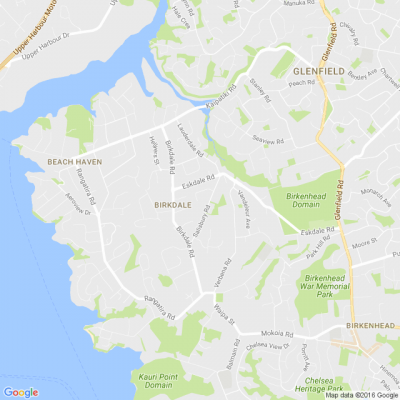
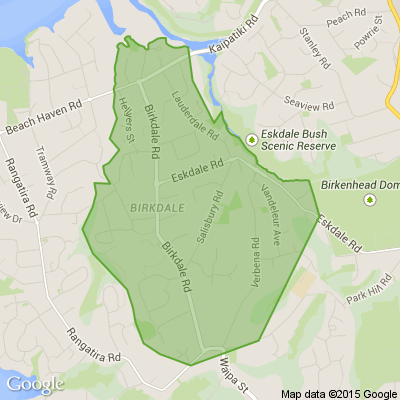





 Loading…
Loading…